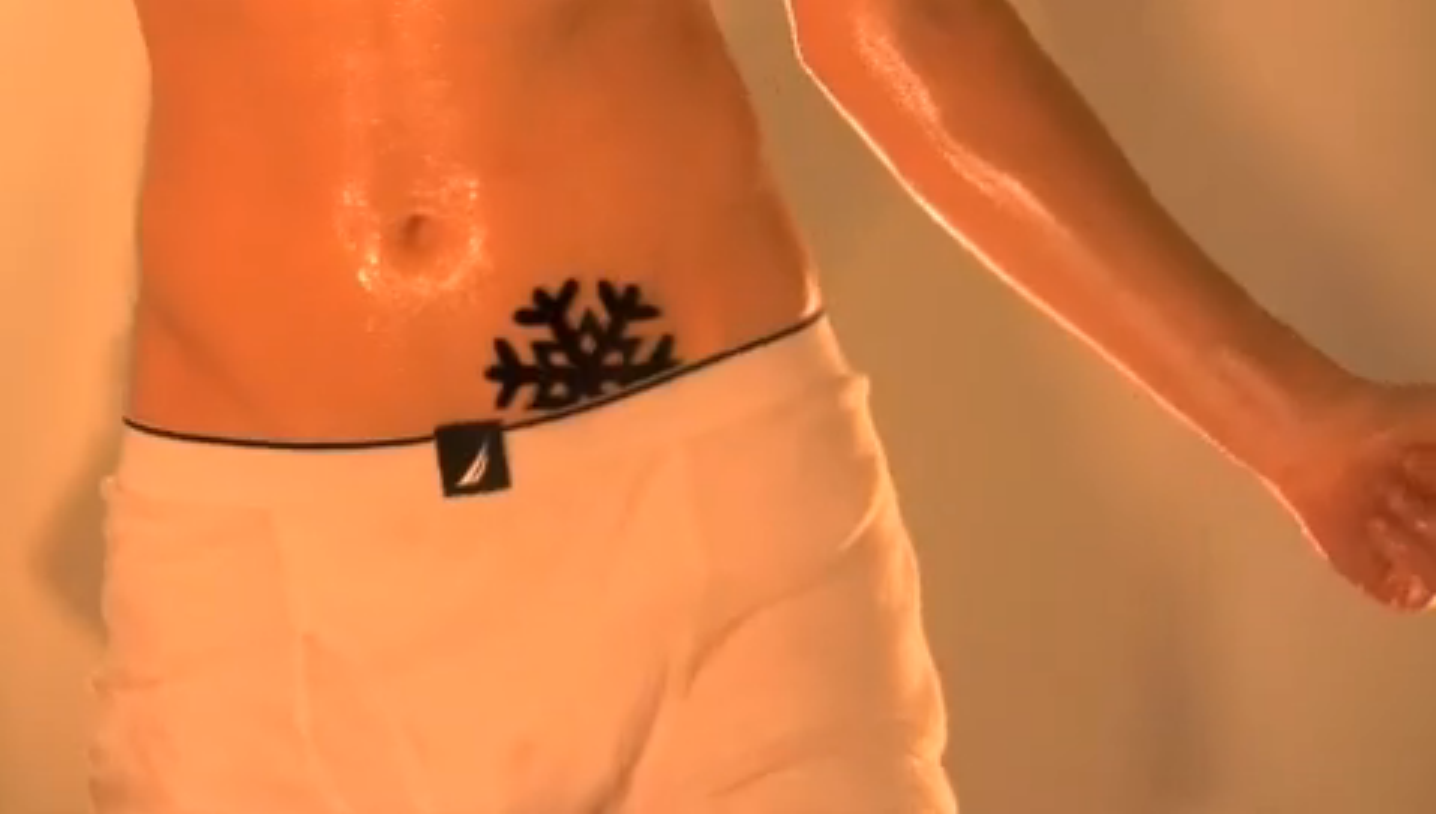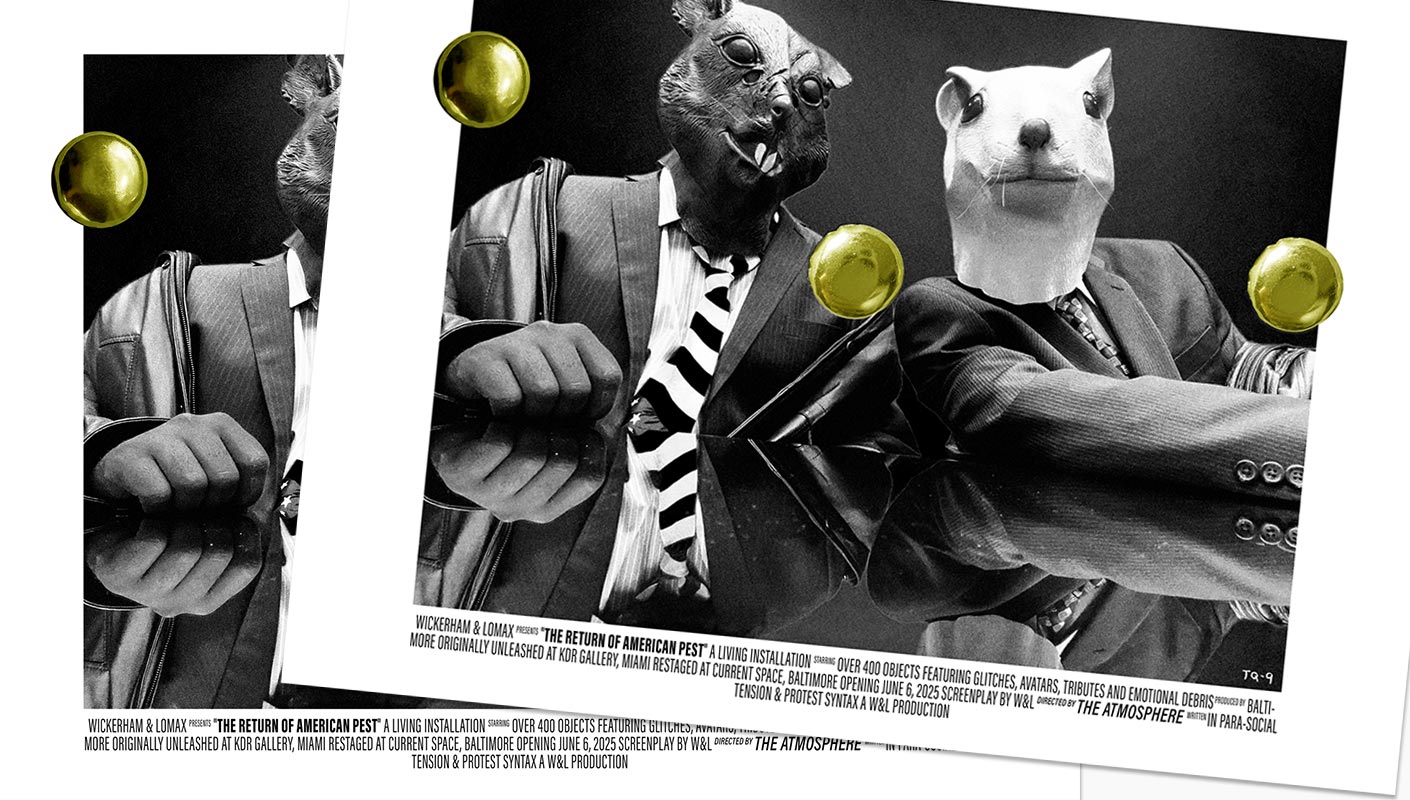
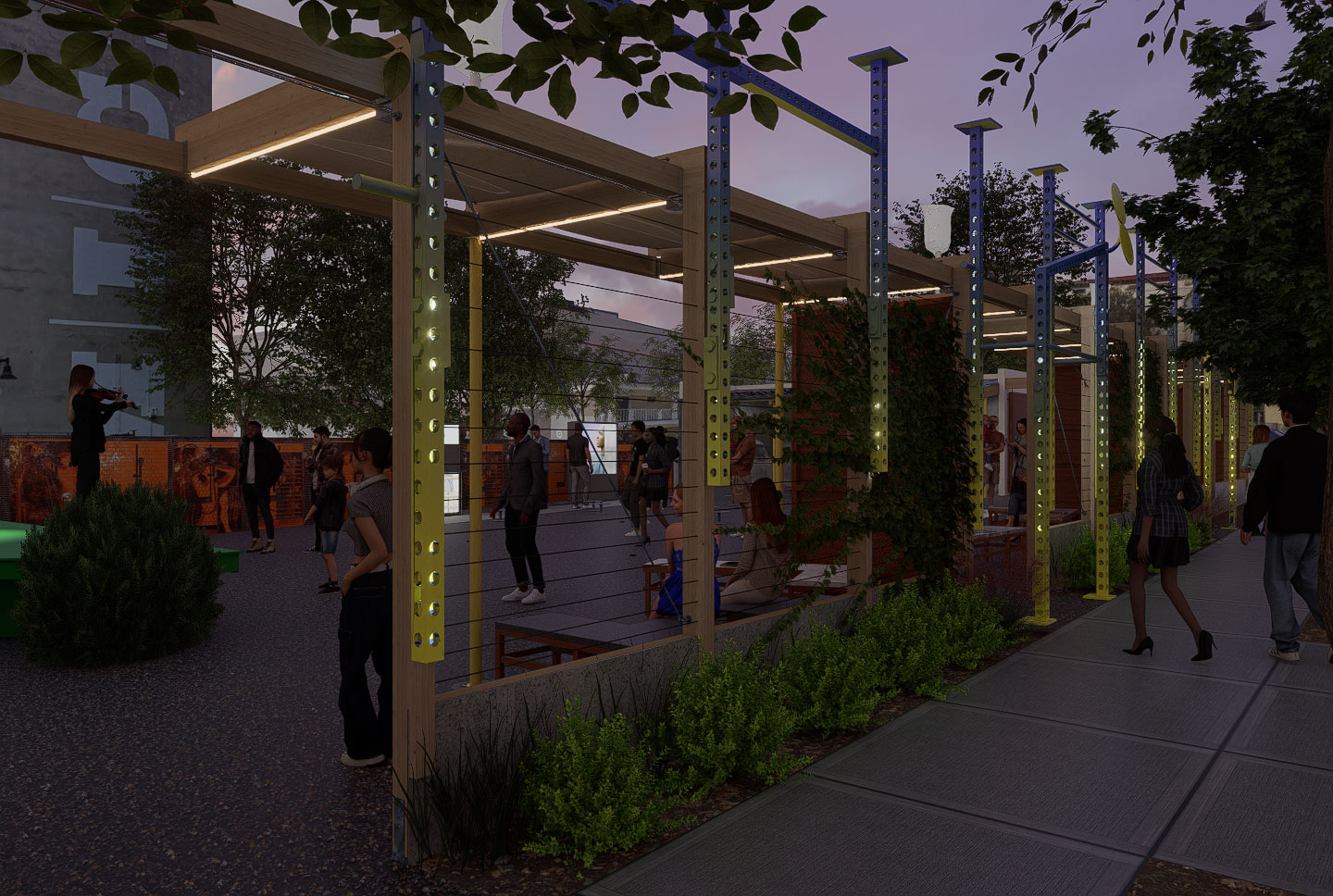
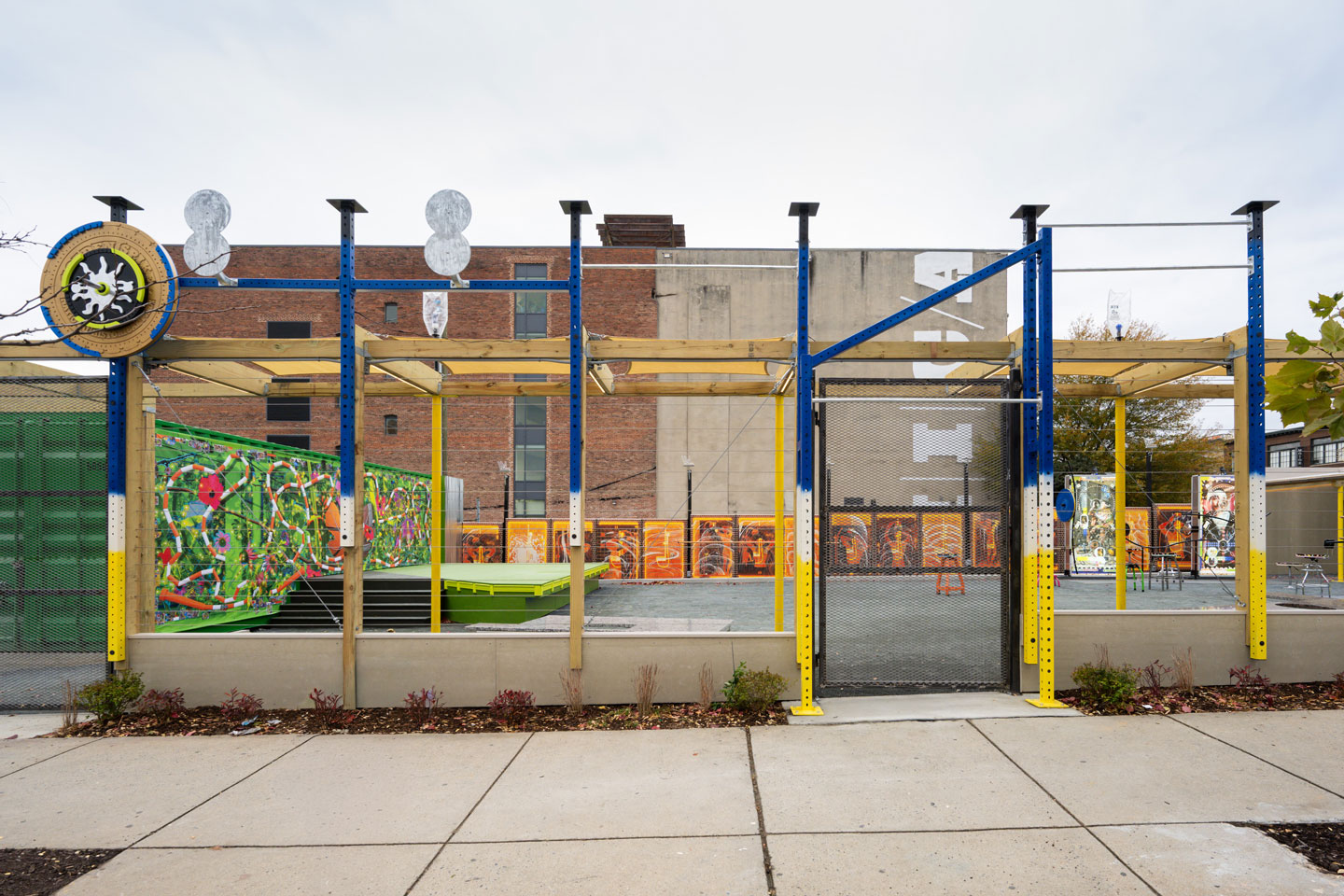
Fridays and Saturdays
Wickerham & Lomax: Soft Gym
DAN: When we started designing Soft Gym, we thought it’d be another outdoor commission, a park, a few sculptures, maybe a place to rest. But it became something else. It’s more like a rehearsal space for public feeling.
MALCOLM: Yeah, it’s not a gym for fitness; it’s a place where emotion, behavior, and manners get trained alongside muscle. The walls are padded, the surfaces are mirrored, everything’s reflecting some version of use.
DAN: There’s a story underneath it too. When you left home, your grandmother said, don’t forget, you’ll always be a country boy. Mine said, go reinvent yourself. The park sits between those two pieces of advice, what you inherit and what you invent.
MALCOLM: That tension... that’s the workout. The pressure of thousands of emails, city permits, and tiny negotiations; that’s how the gym became a gem.
DAN: We were looking at how art history handles bodies and surfaces. The gym rig, flipped on its side, became a kind of sunset, a landscape painting. A weight plate nods to Madonna and Child tondos, but also Janet Jackson’s jewelry from the Super Bowl. A devotional form retooled for Baltimore.
MALCOLM: And the pads... they’re a soft echo of Richard Serra. His Tilted Arc was meant to hide surveillance; ours shows what usually stays private, the post-workout locker-room gestures repeated until they turn sculptural. Serra, but gayer.
DAN: The behavior we design isn’t abstract (we draw on your experience); it’s in the touch, the lean, the glance. It’s in how people adjust themselves inside something reflective. We were thinking about how the physical becomes visual, and how image becomes touch again. Gum on stools, sweat printed on light boxes, embedded graffiti.
MALCOLM: We kept coming back to this idea that feeling is a kind of behavior; behavior rendered as a gesture or suggestion. Not a confession, but a way of moving, a rhythm. The park holds that... the repetition, the strain, the form learning itself.
DAN: It’s also about proximity. Between bodies, generations, even between seeing and being seen. Like manners, vulnerability becomes a kind of public currency here.
MALCOLM: Yeah, it’s a place where you can practice feeling in public; not to perform, but to stay in the rehearsal, the forever present.

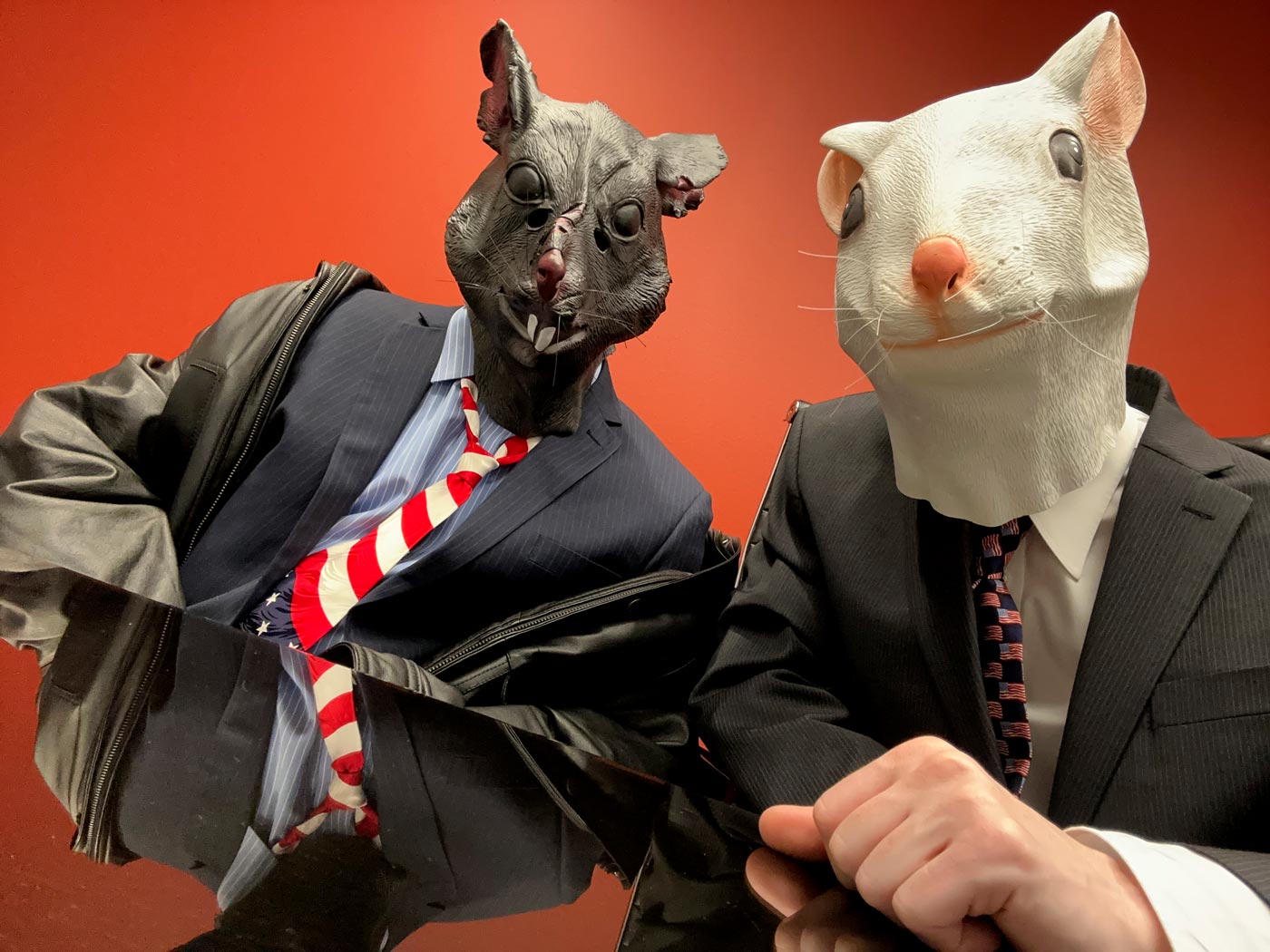
American Pest
Oct 19–Nov 23, 2024 / Katia David Rosenthal Gallery (KDR) / Miami, FL
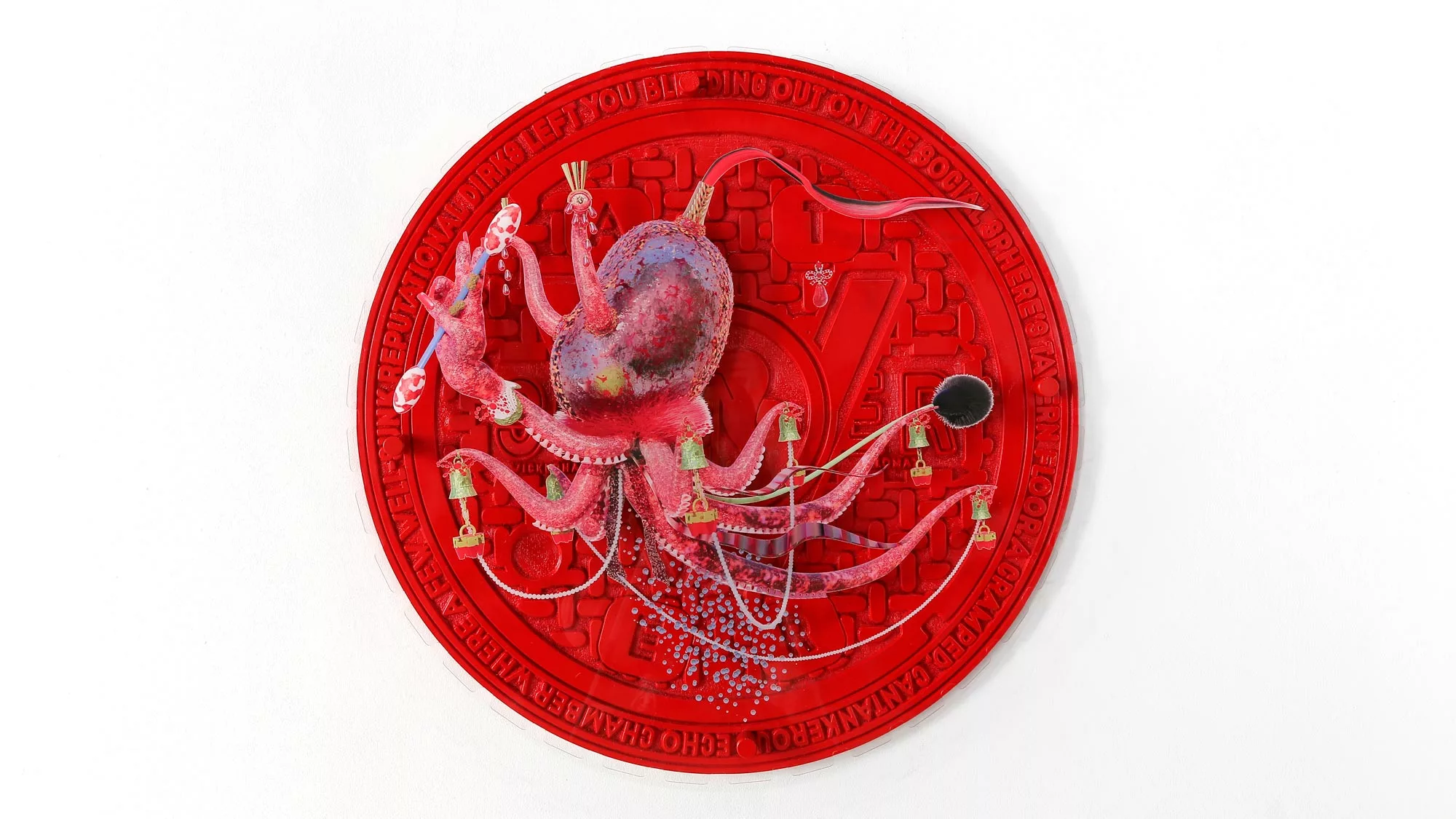
Focus Group 4
May 13–June 11, 2023 / von ammon co / Washington, DC
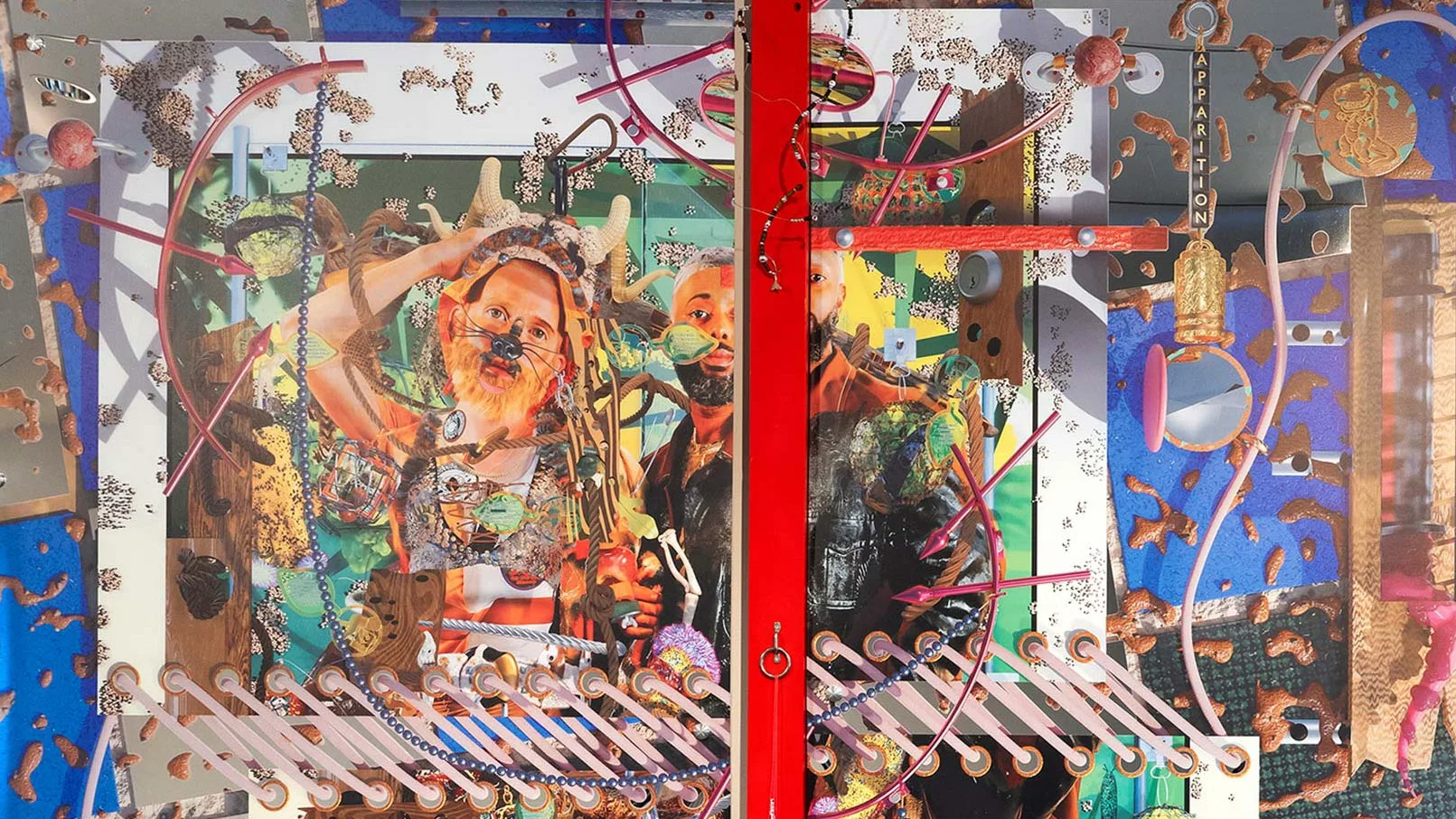
Trawick Prize 20th Anniversary Emerald Award Exhibition
February 4–March 19, 2023 / Katzen Arts Center at American University / Washington, DC
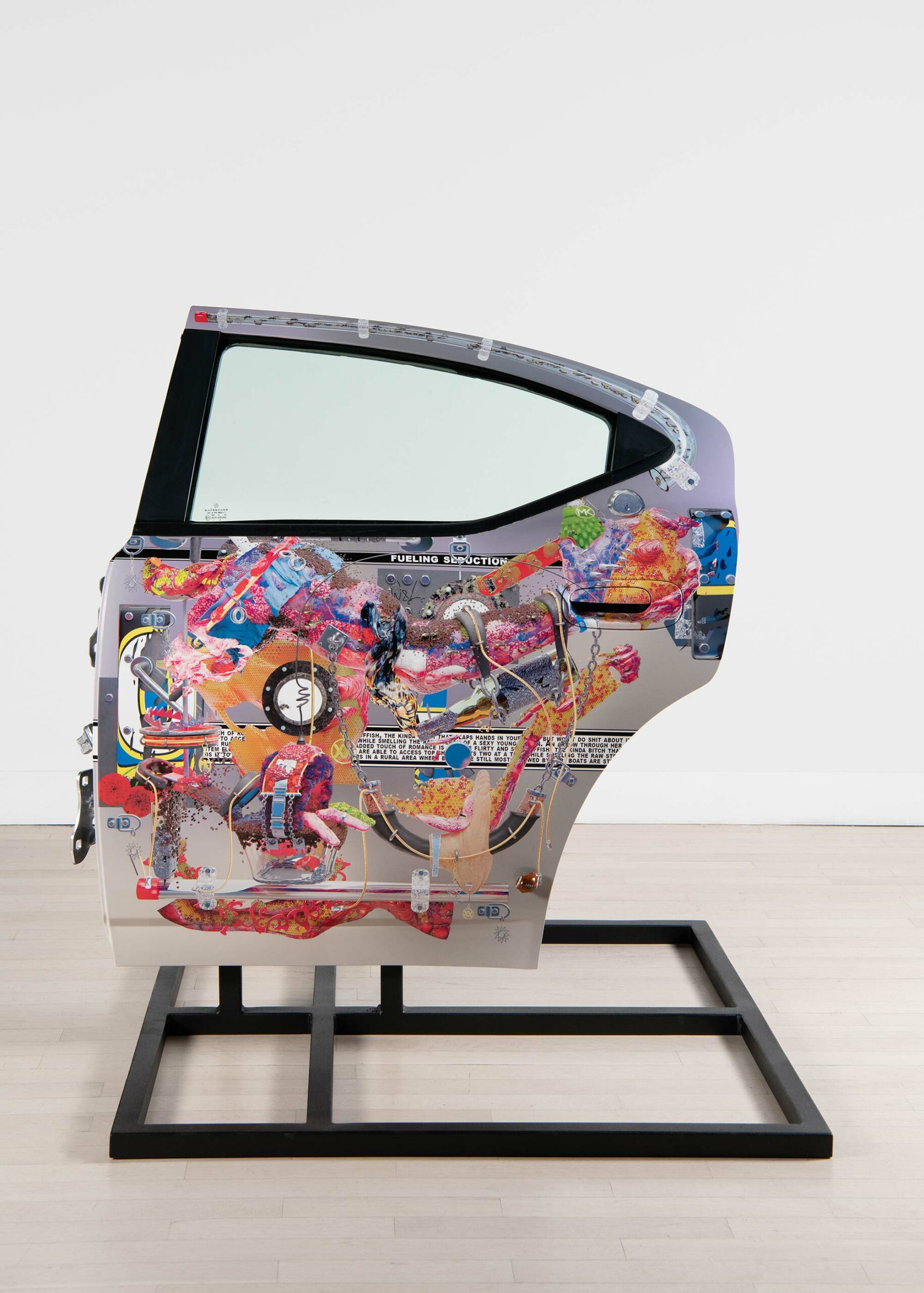
Focus Group 3
July 17–August 31, 2022 / von ammon co / Washington, DC
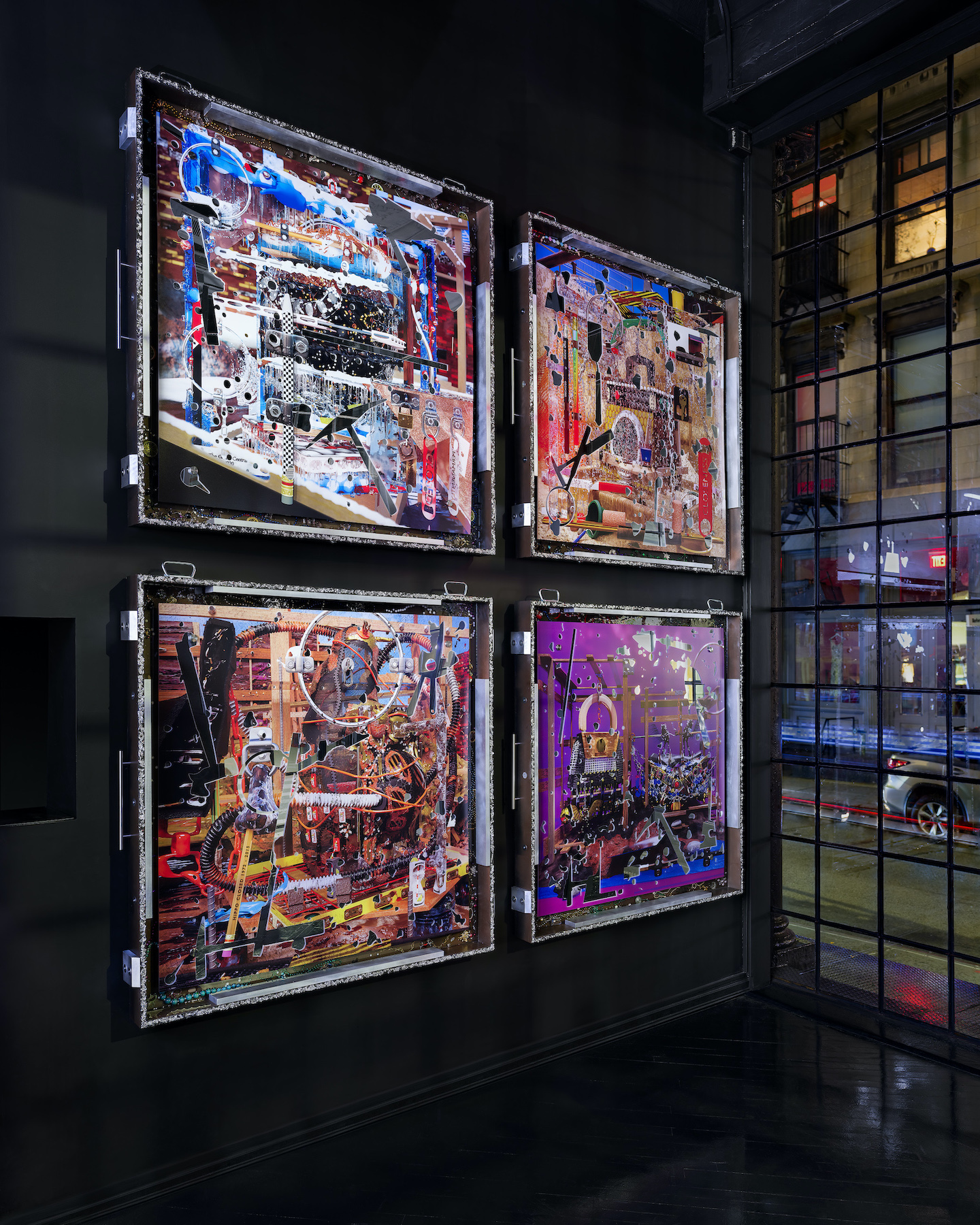
QT Bags for Maison Margiela
October 28, 2021–January 7, 2022 / Maison Margiela Crosby Street / New York
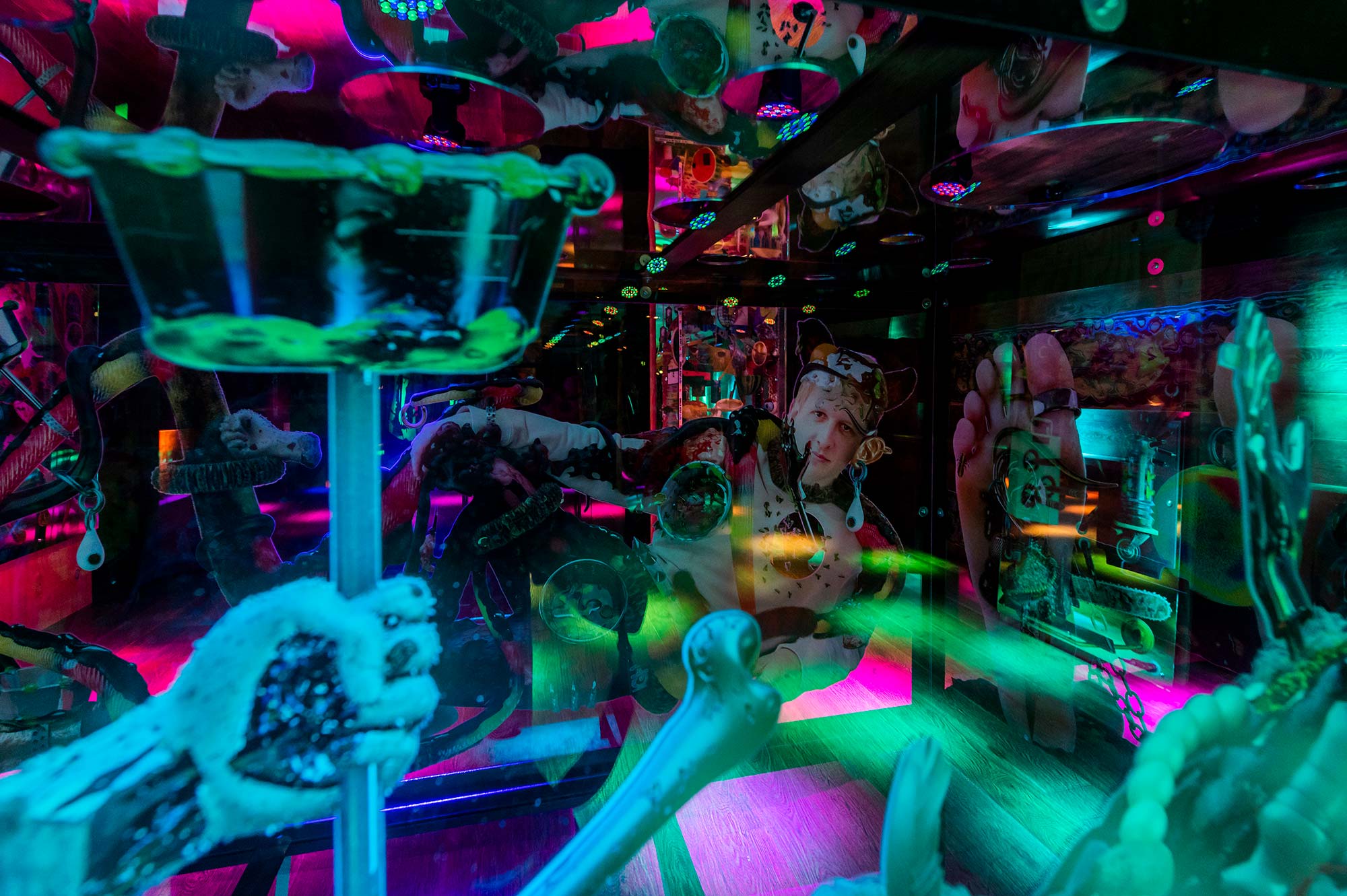
Cultures Panic Room
October 13–22, 2021 / The London EDITION / London, UK
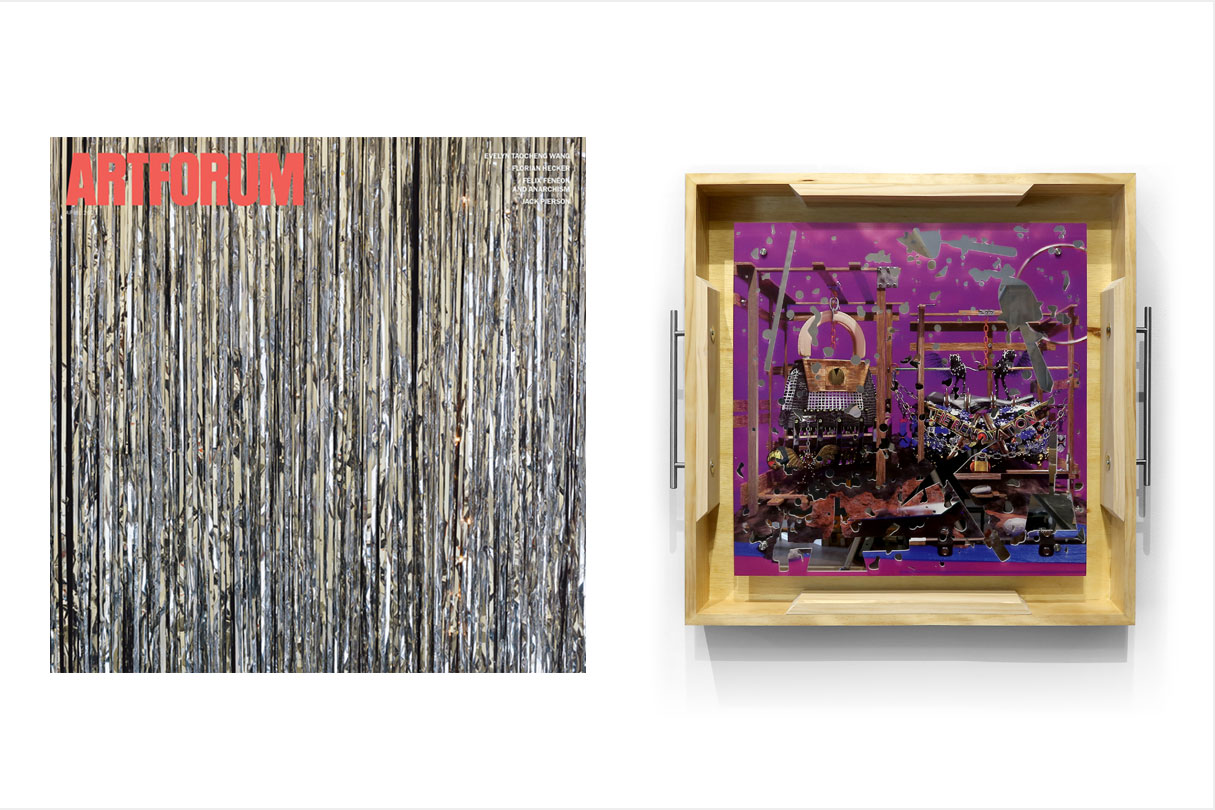
Quarantine Bags
Project for ARTFORUM / April 2021
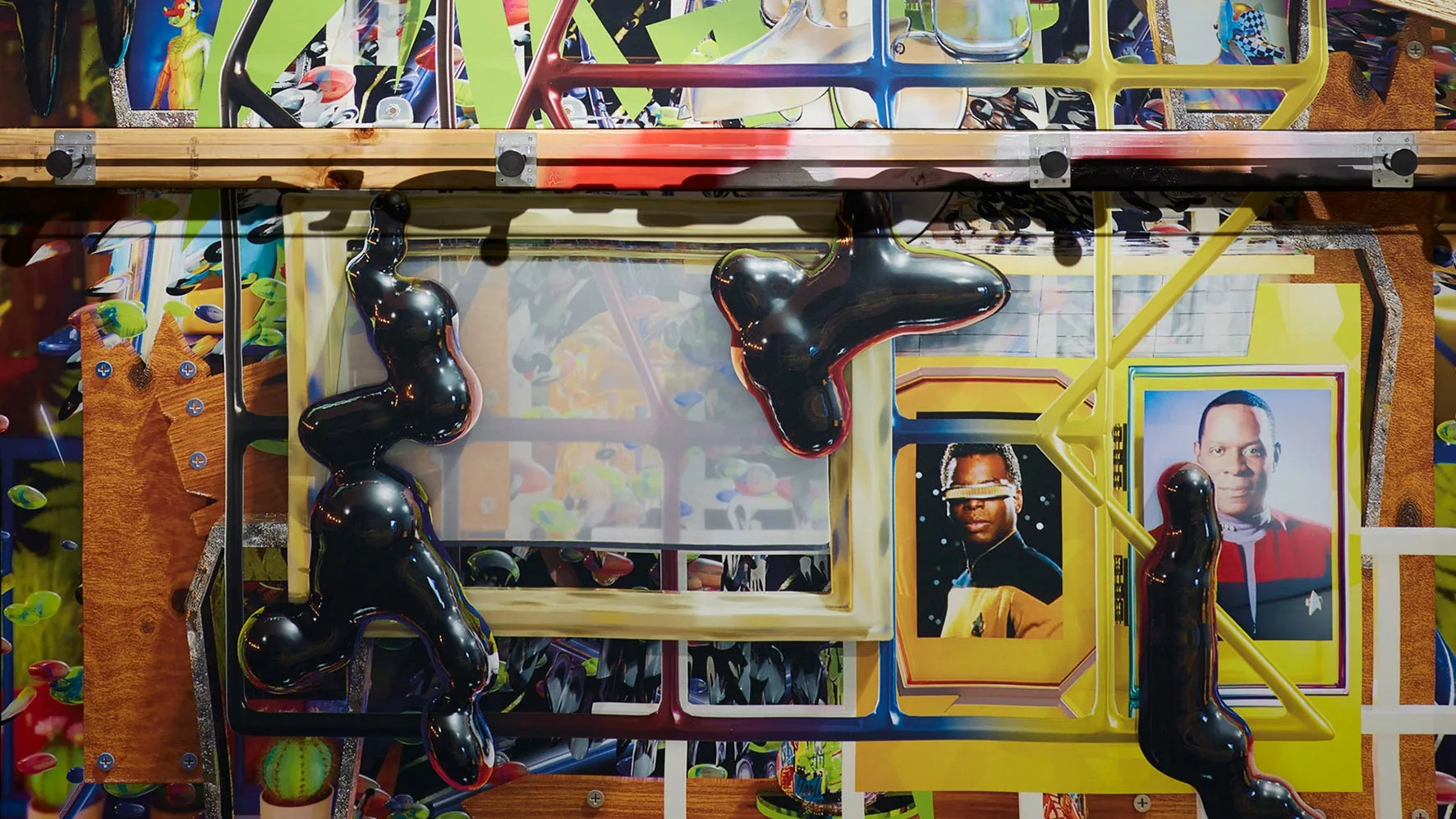
Domestic QT and The Spatial Anomalies
December 12, 2020–January 17, 2021 / von ammon co / Washington, DC
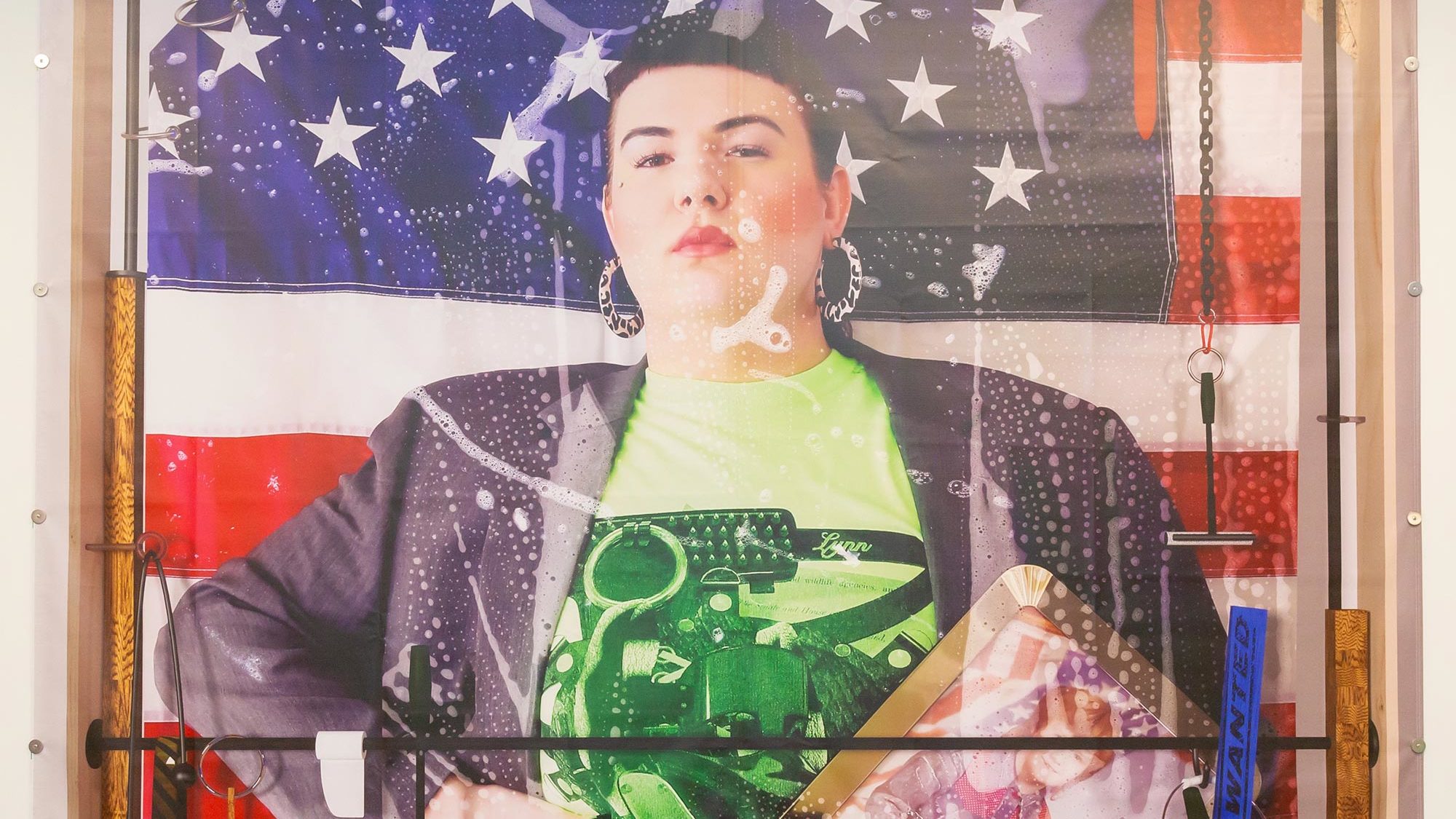
Time Capsule
November 22, 2019–January 12, 2020 / CulturalDC, Mobile Arts / Washington, DC
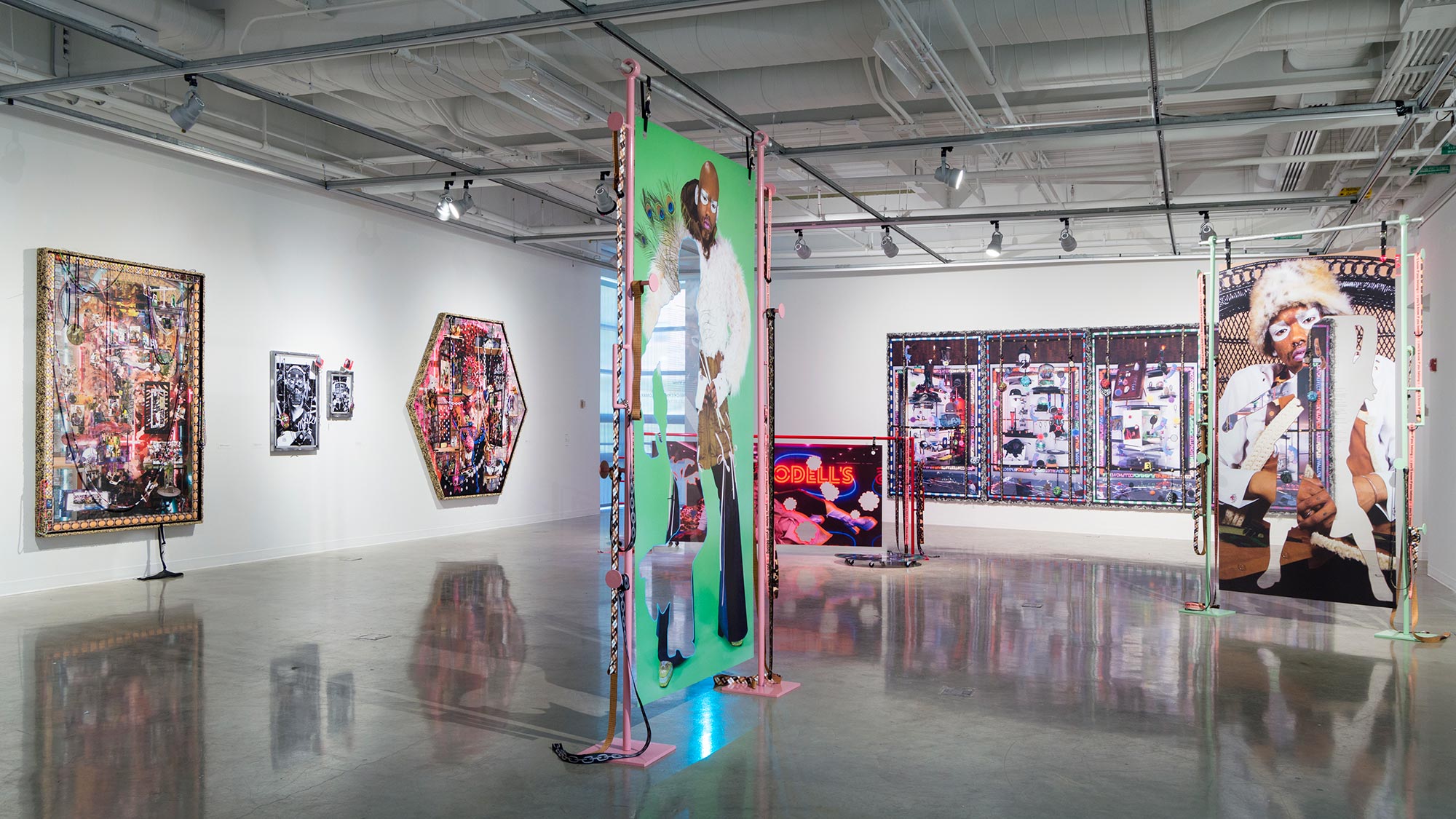
Wickerham & Lomax: Selection
October 7–November 9, 2019 / Gillespie Gallery of Art, George Mason University / Fairfax, VA
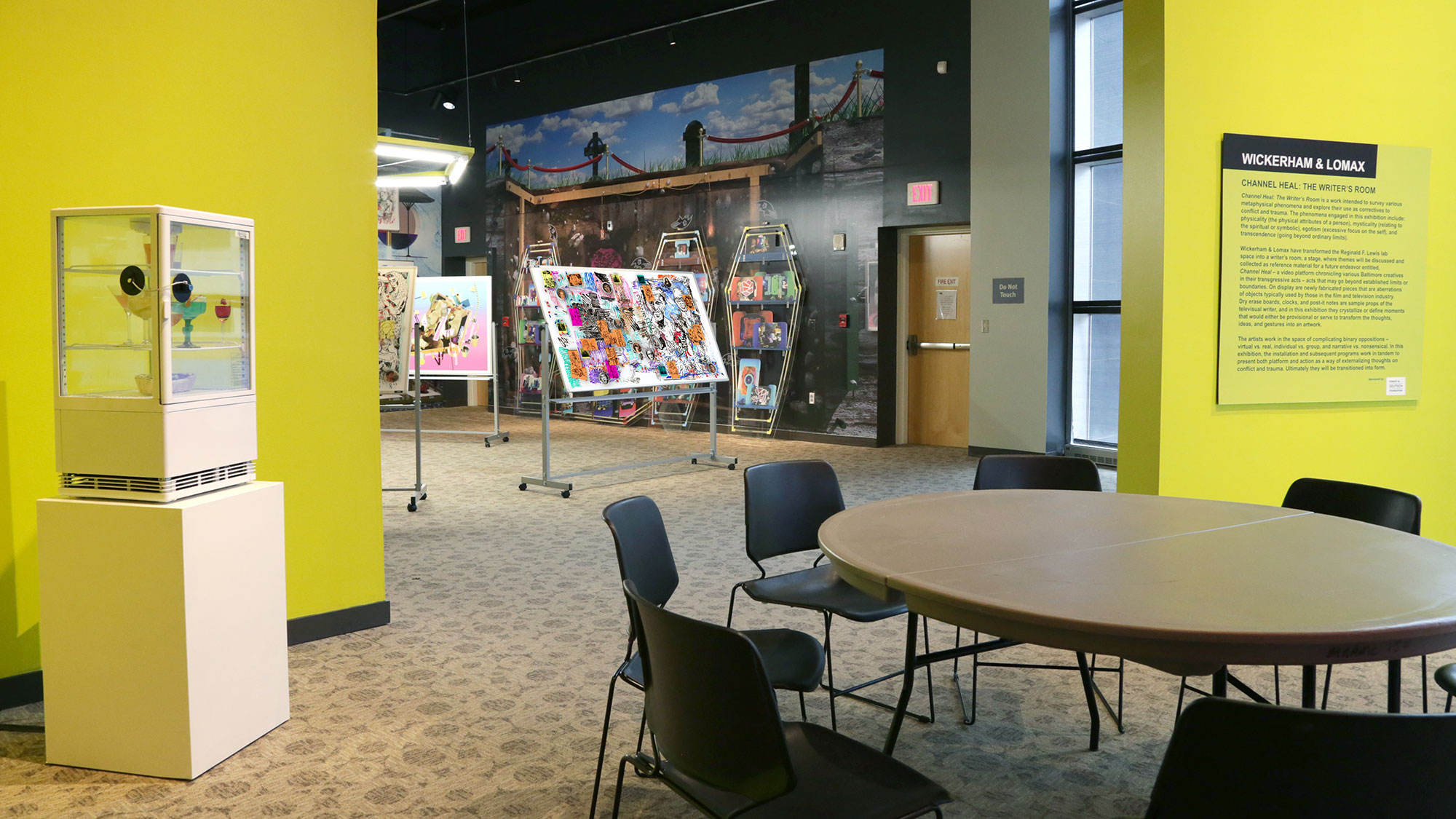
Channel Heal: The Writer’s Room
July 12–August 1, 2018 / Reginald F. Lewis Museum / Baltimore, MD
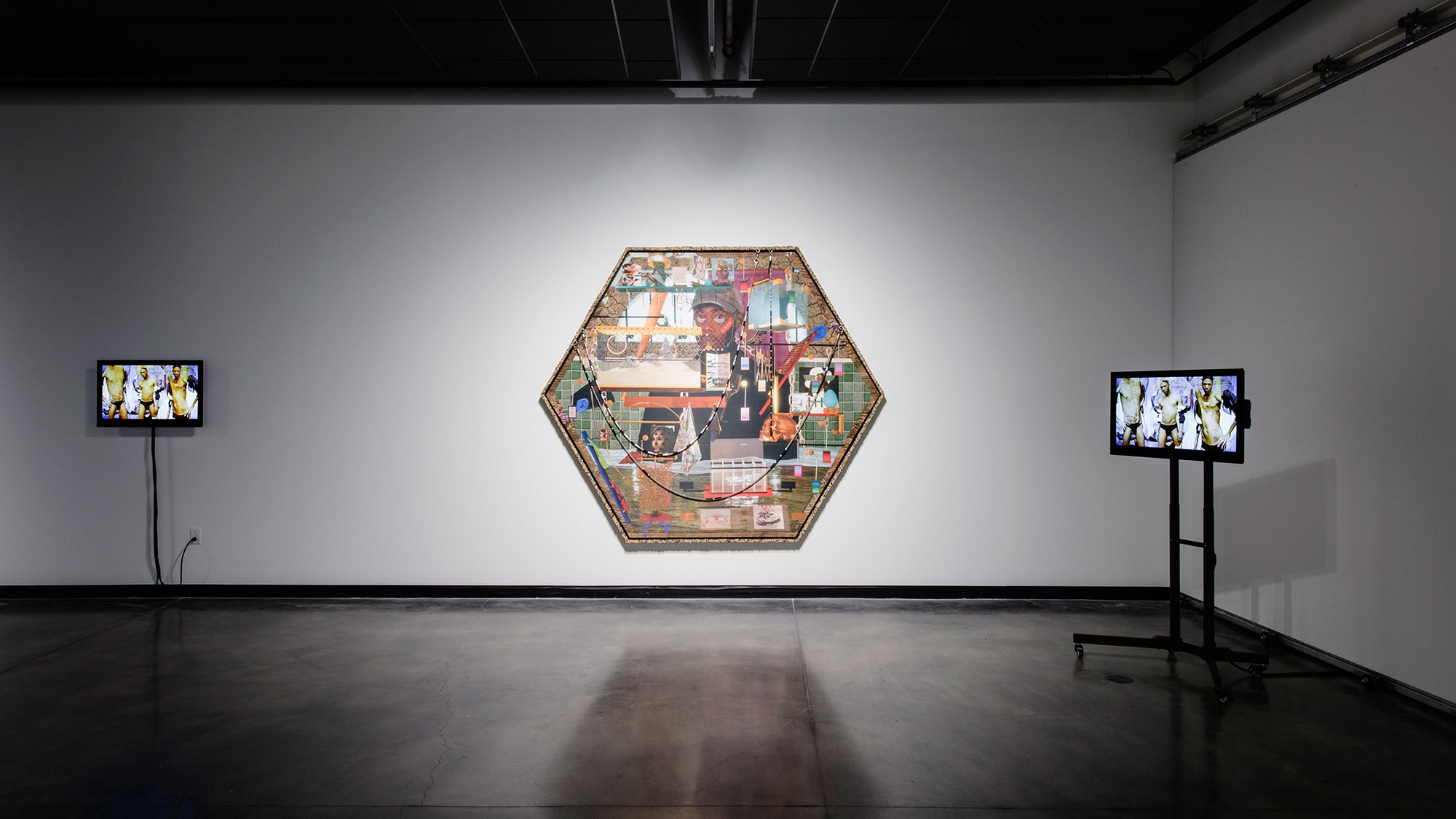
Portals_Thresholds
March 29–June 15, 2018 / Cleveland Institute of Art, Reinberger Gallery / Cleveland, OH
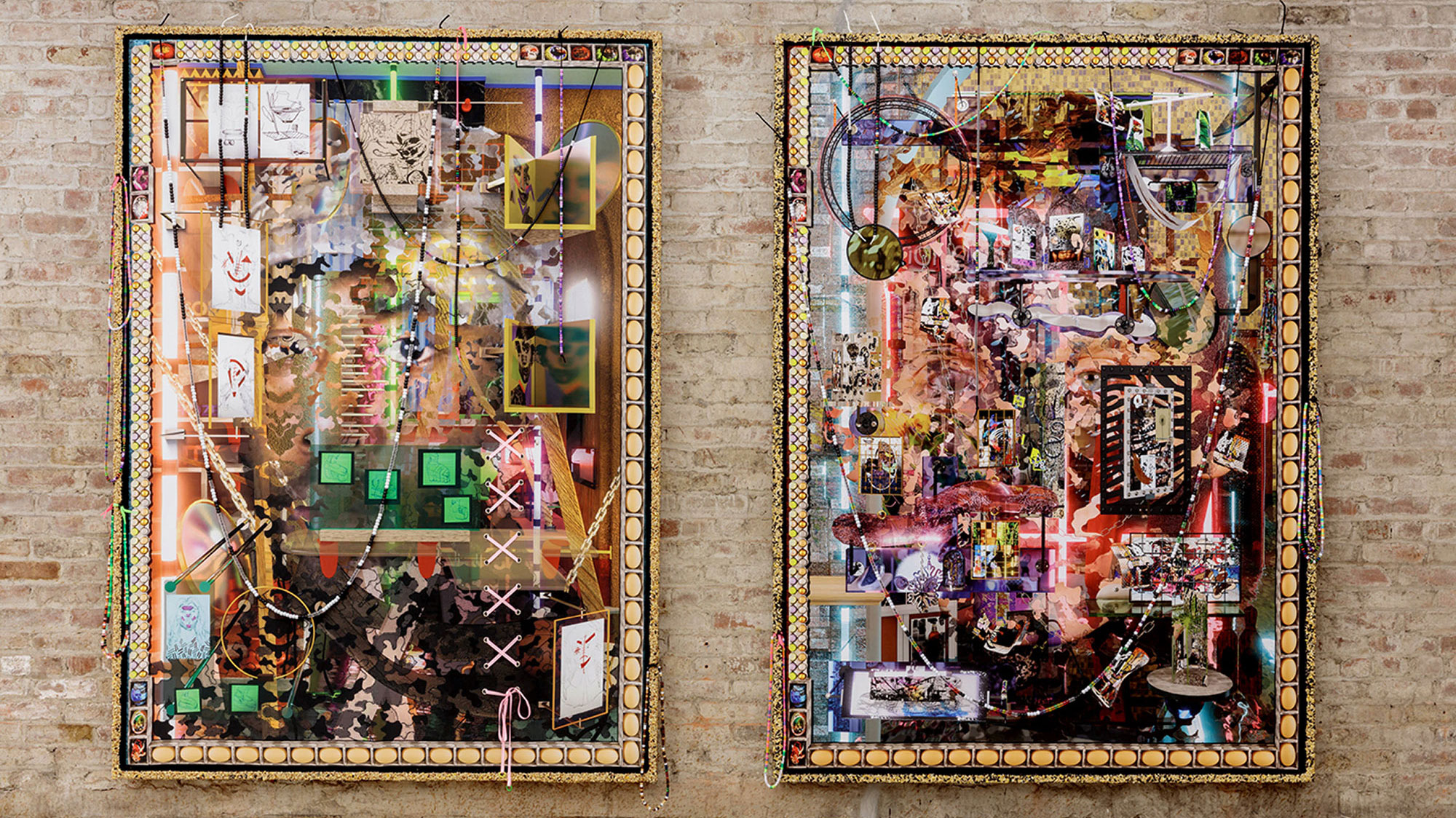
Indelible Marks
February 22–March 24, 2018 / American Medium / New York, NY
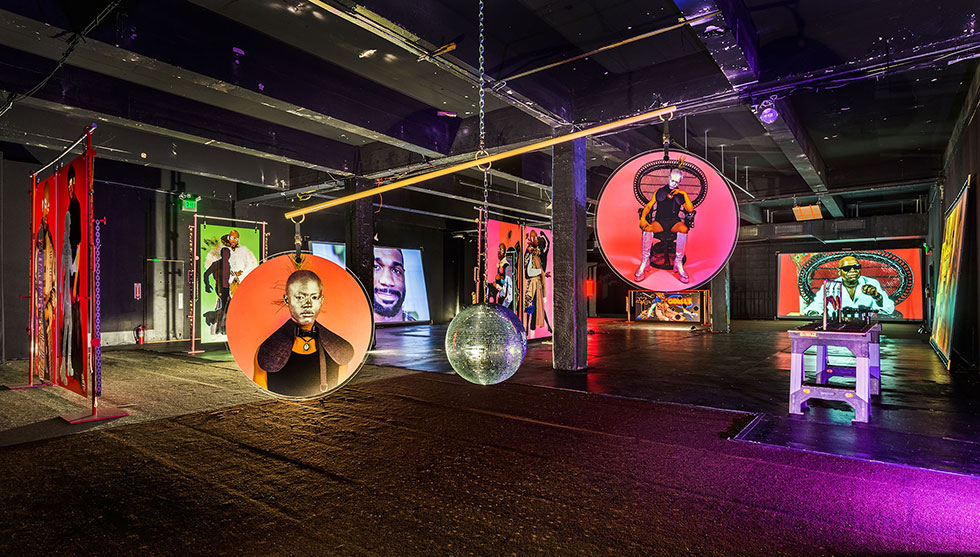
DUOX4Odell’s: You’ll Know If You Belong
March 31–April 28, 2017 / The (Former) Everyman Theater / Baltimore, MD

Local Atonement: A Nutshell Study of Unexplained Death
September 24–October 30, 2016 / American Medium / Brooklyn, NY
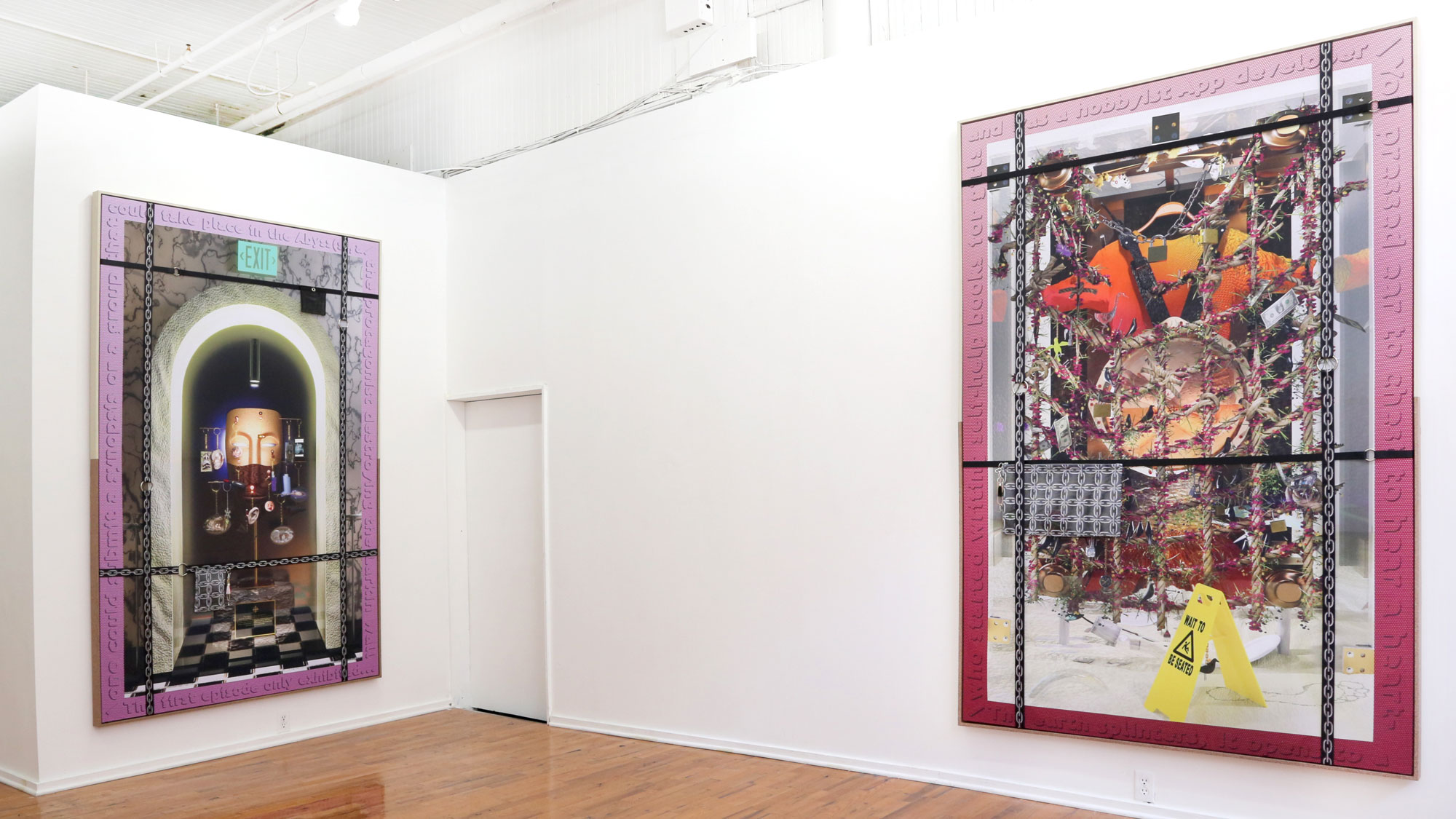
Uncool
April 2–30, 2016 / Terrault Contemporary / Baltimore, MD
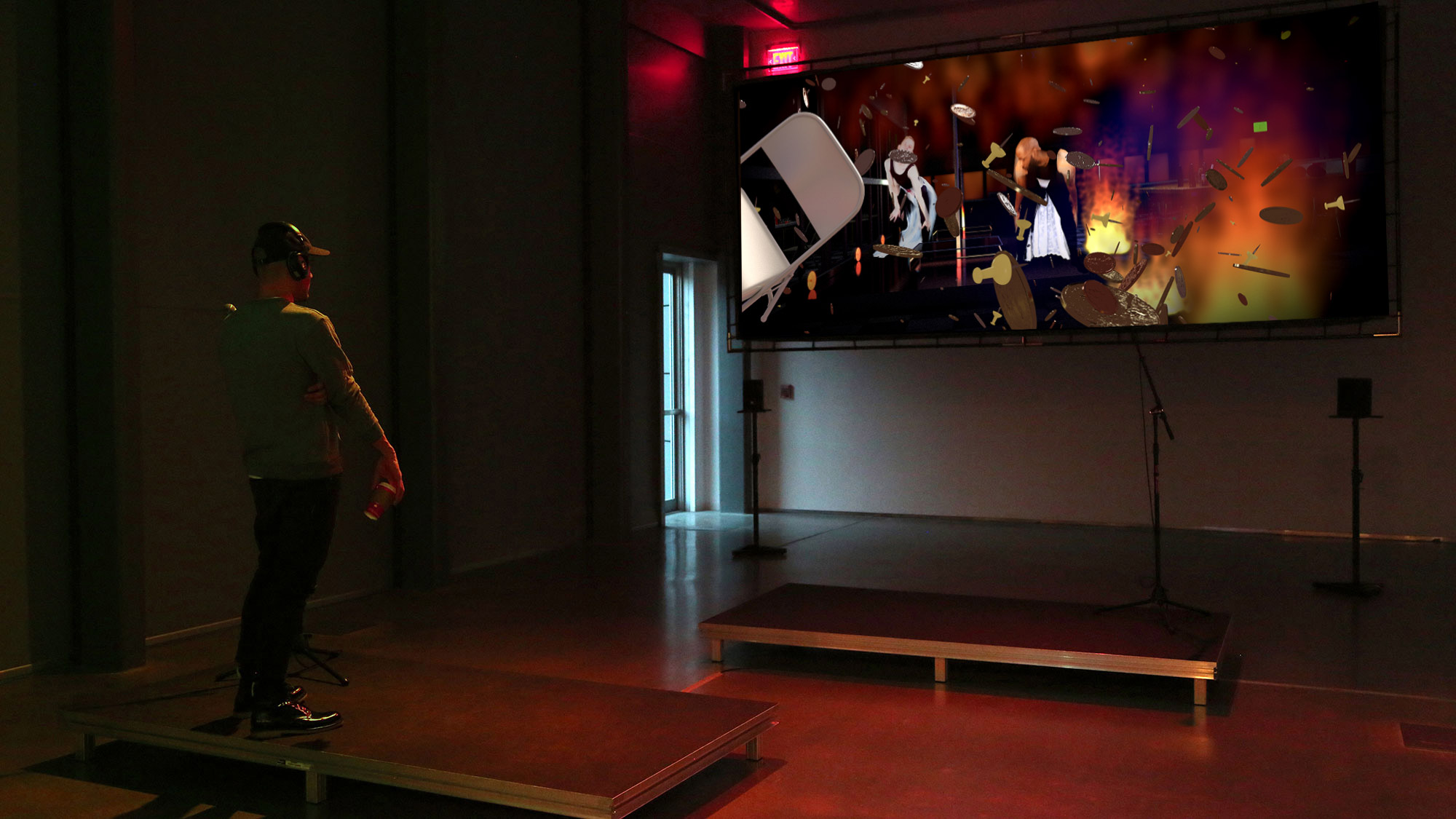
Take Karaoke: A Proposition for Performance Art
November 4–December 16, 2015 / Cohen Gallery, Brown University / Providence, RI
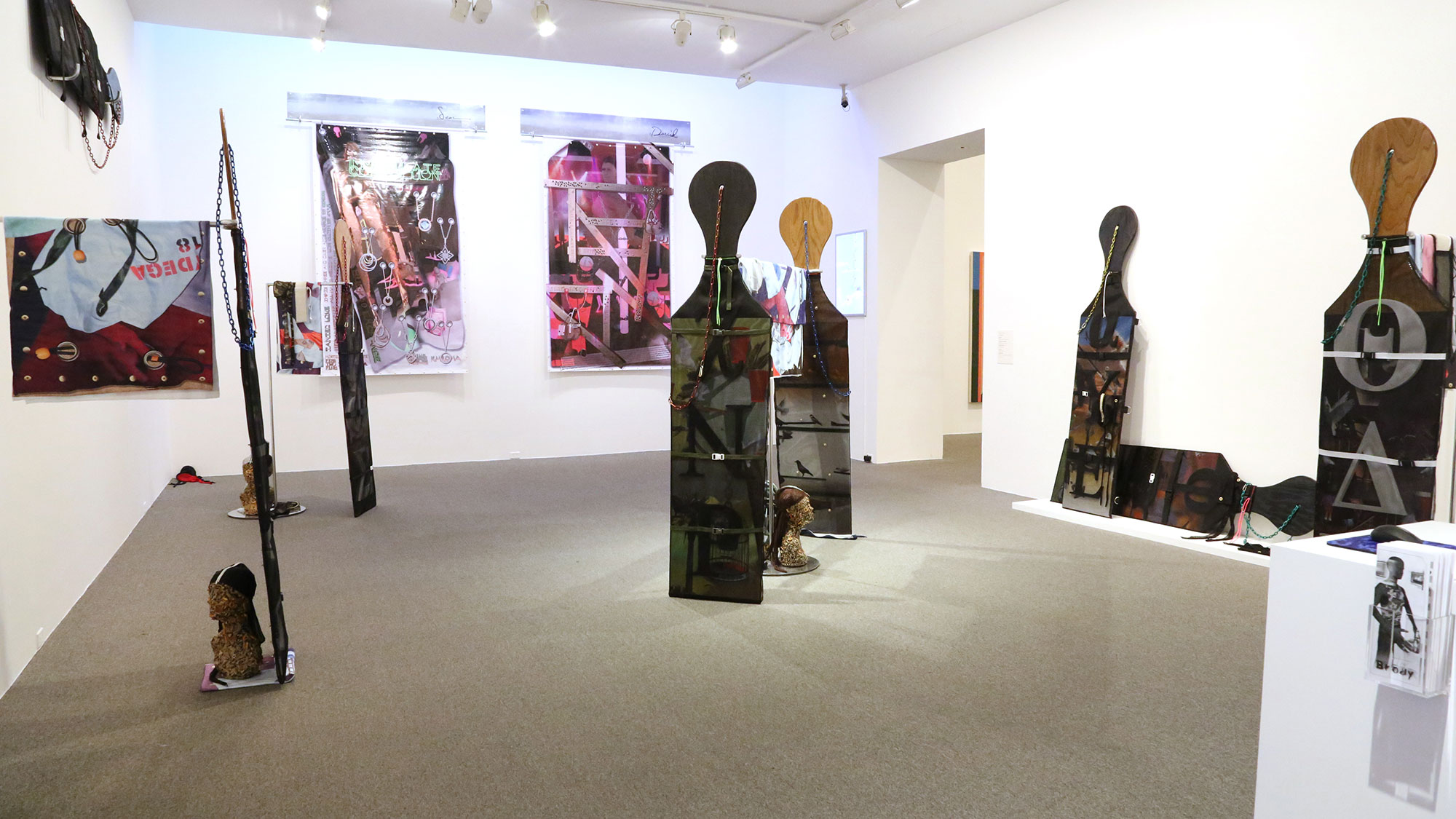
The 2015 Janet & Walter Sondheim Artscape Prize Finalists
June 24–August 9, 2015 / Baltimore Museum of Art
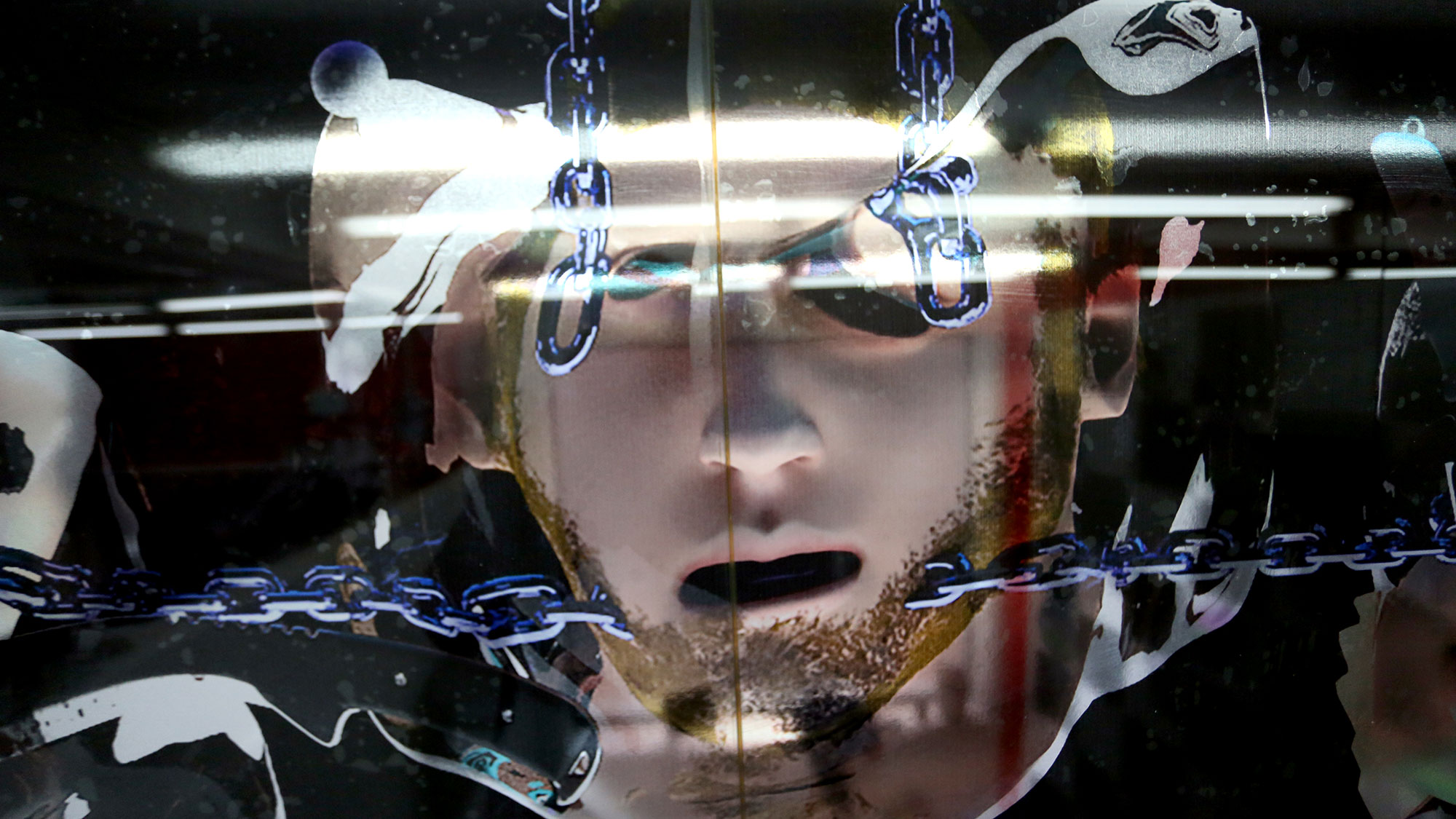
Girth Proof II
March 21–April 18, 2015 / Springsteen / Baltimore, MD
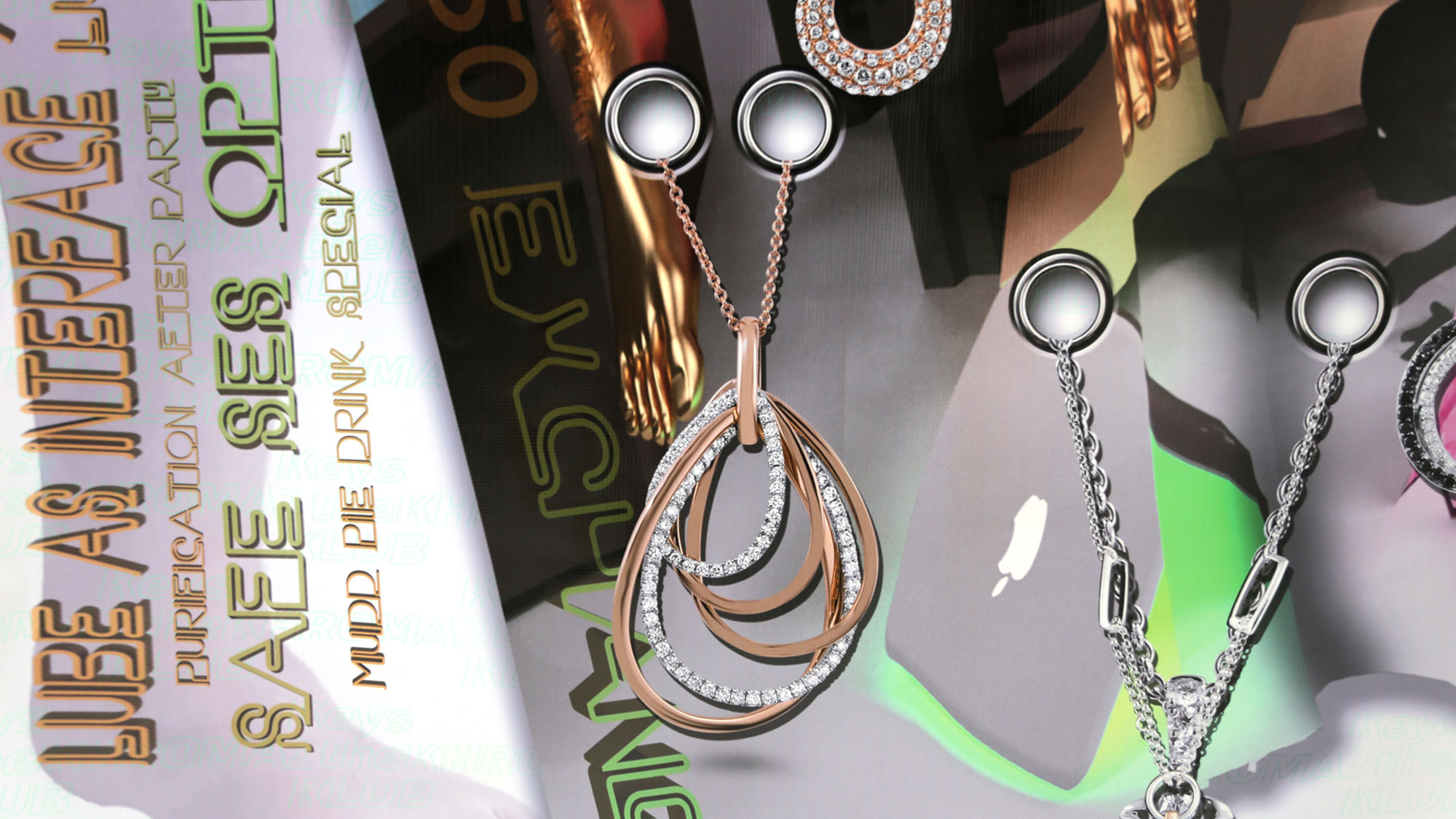
Girth Proof
January 24–March 7, 2015 / Dem Passwords / Los Angeles, CA
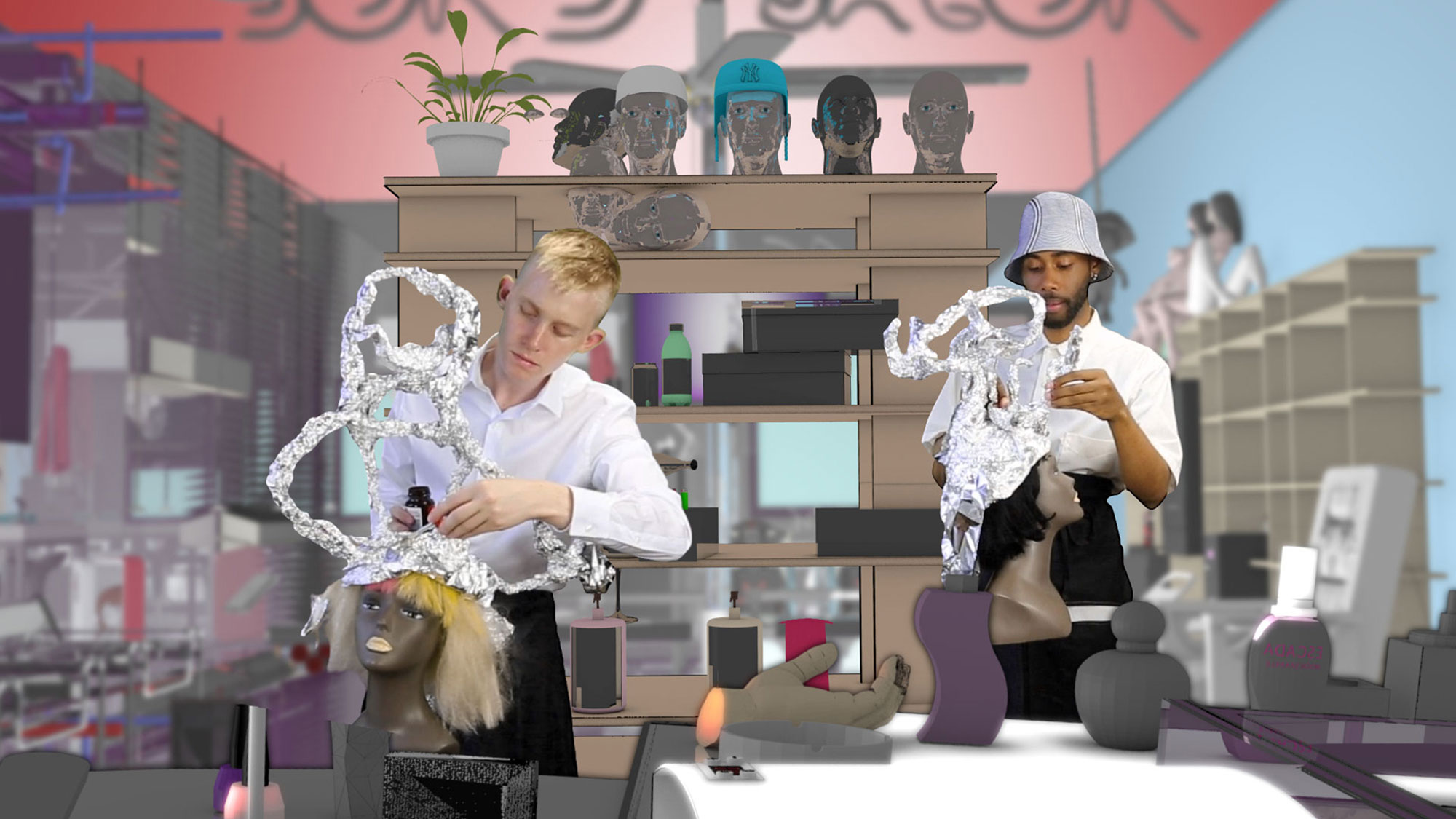
BOY’Dega Season 3: BOND Salon
June 25–August 2, 2014 / Link Cabinet / Link Art Center / Brescia, Italy
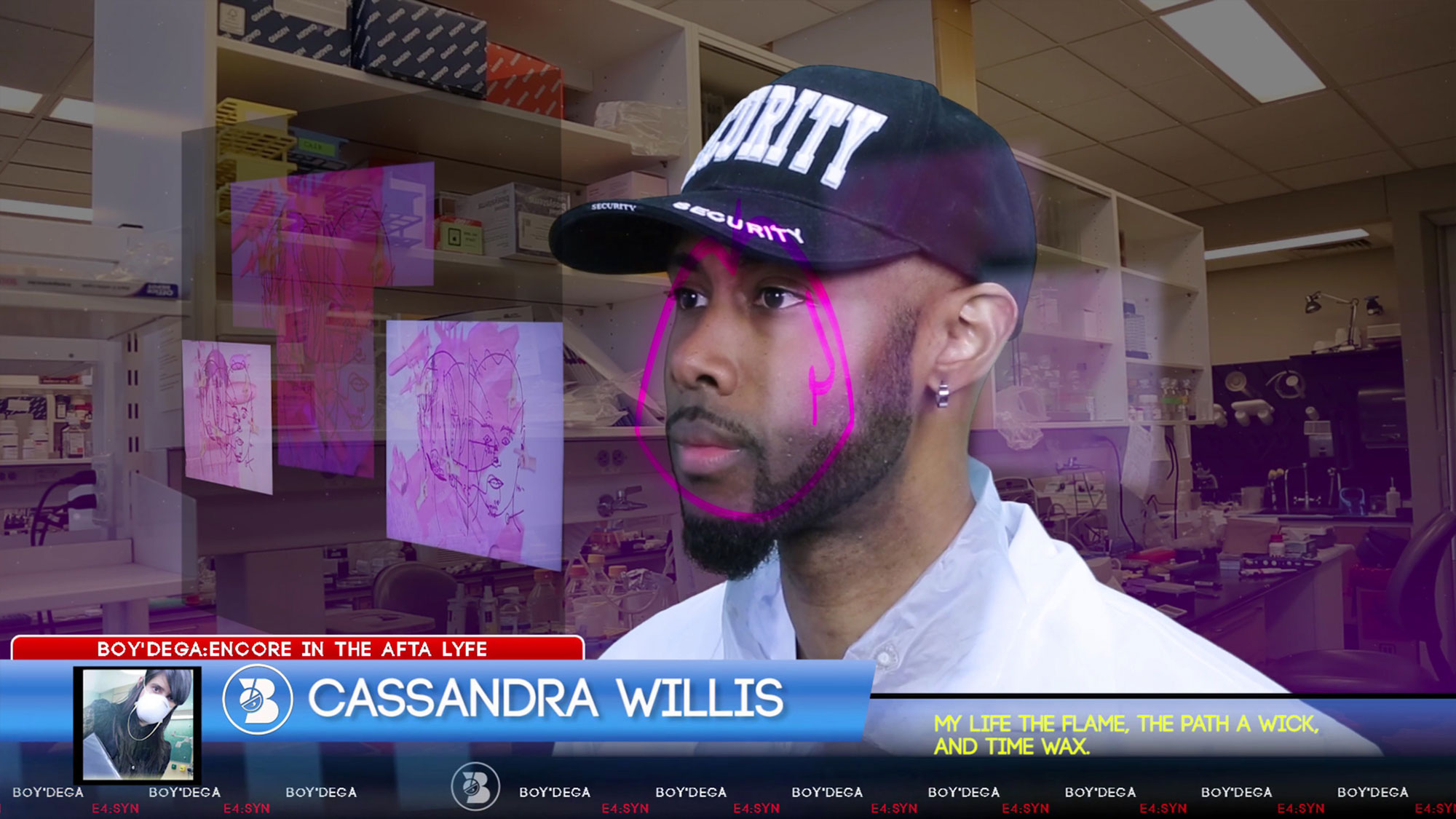
BOY’Dega Season 2: Encore in the ATFALYFE
May 9–12, 2014 / Artists Space @ Frieze New York
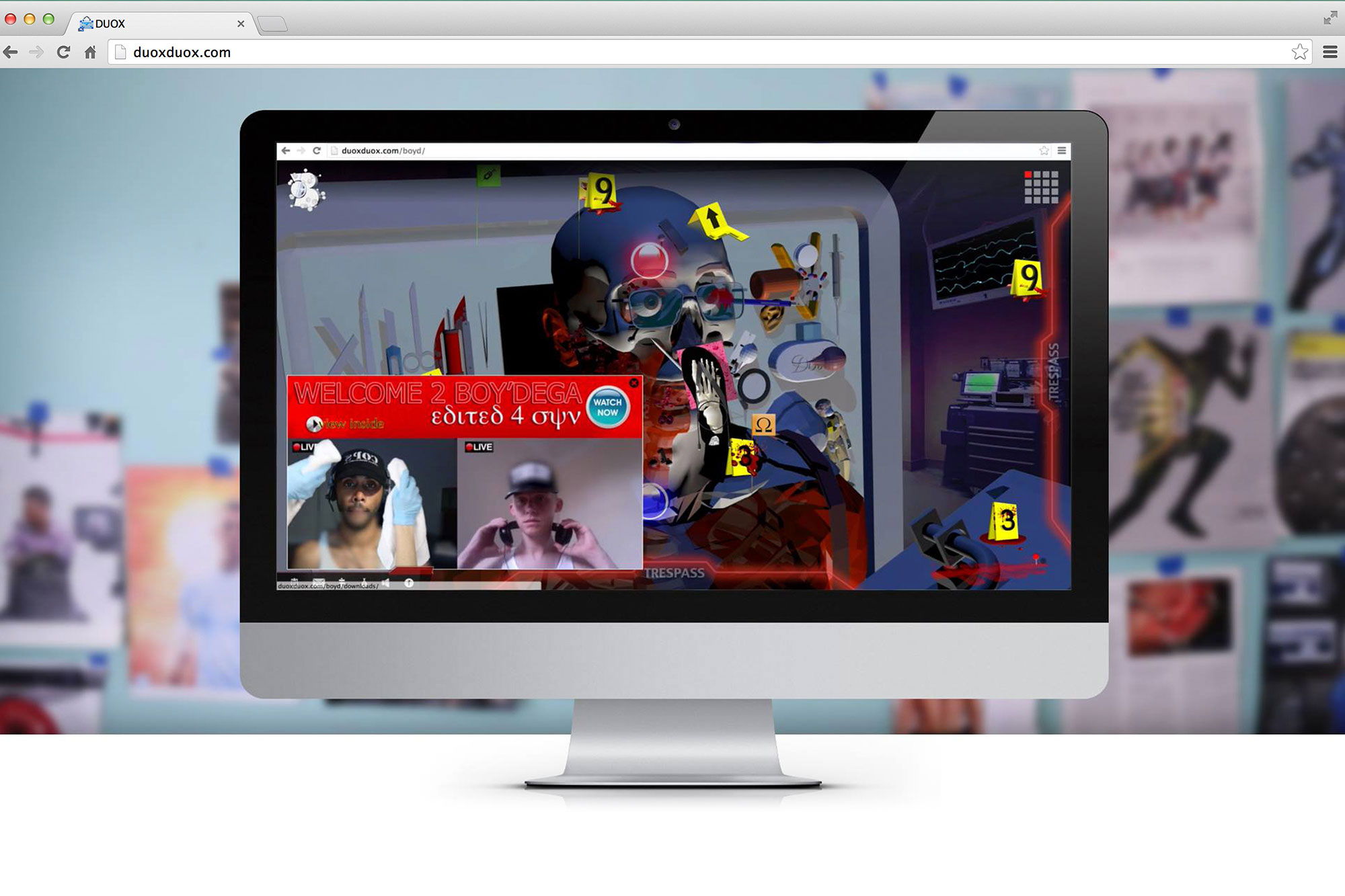
BOY’Dega Season 1: Edited4Syndication
Launched May 9, 2014 / Commissioned for First Look: New Art Online / The New Museum of Contemporary Art
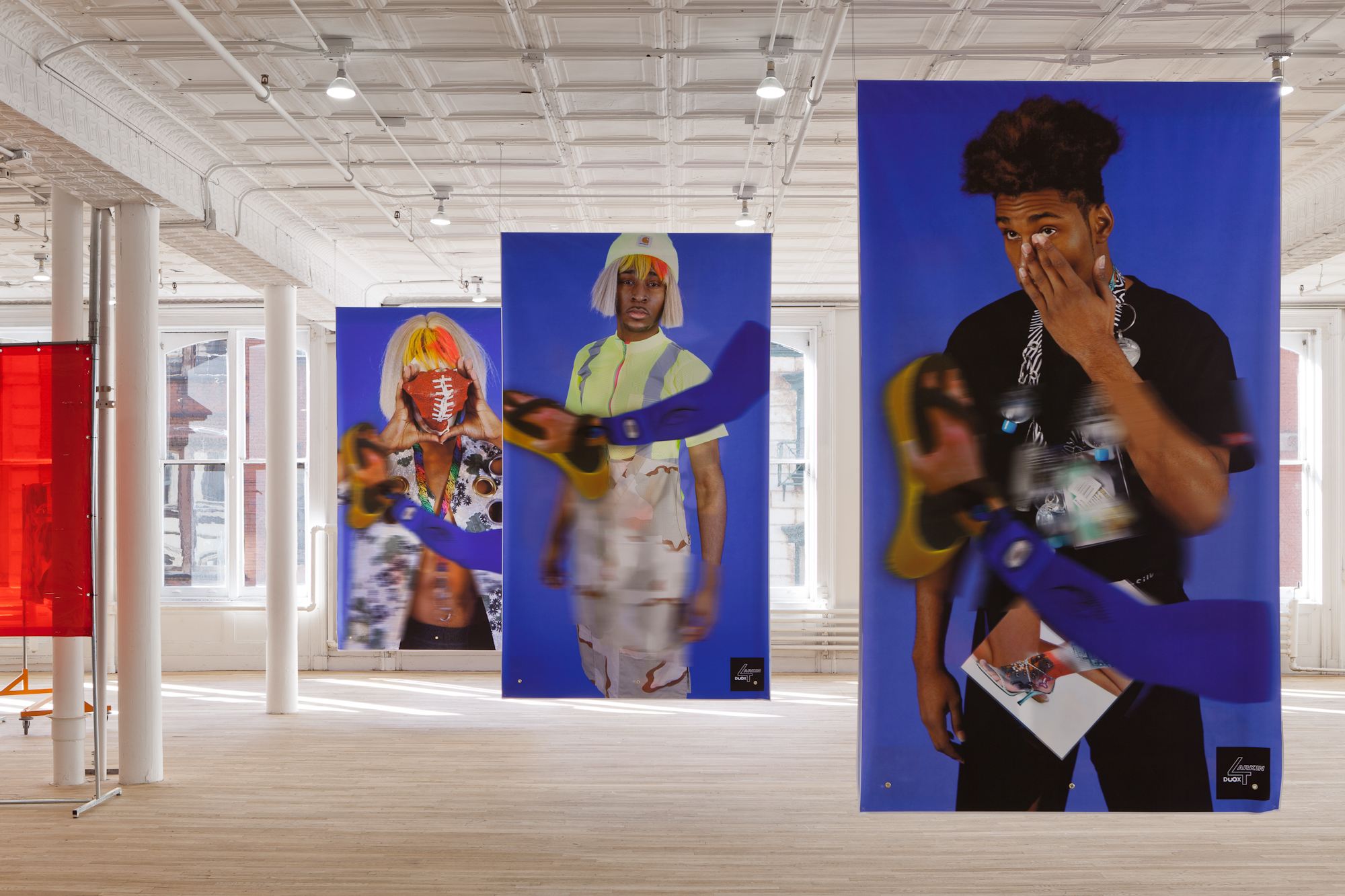
DUOX4Larkin
January 29–March 18, 2012 / Artists Space / New York, NY
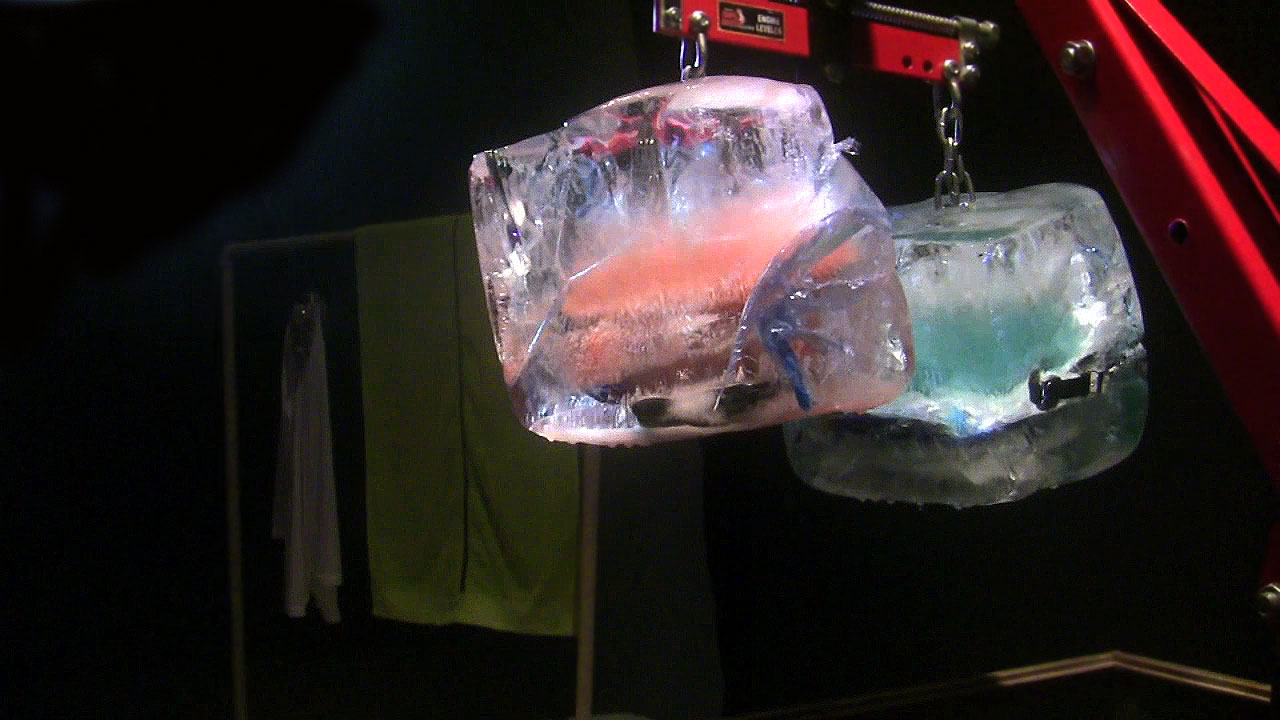
DDuffel (Duplex Deadlift)
Baltimore Liste
May 25-June 5, 2011 / Contemporary Museum / Baltimore, MD
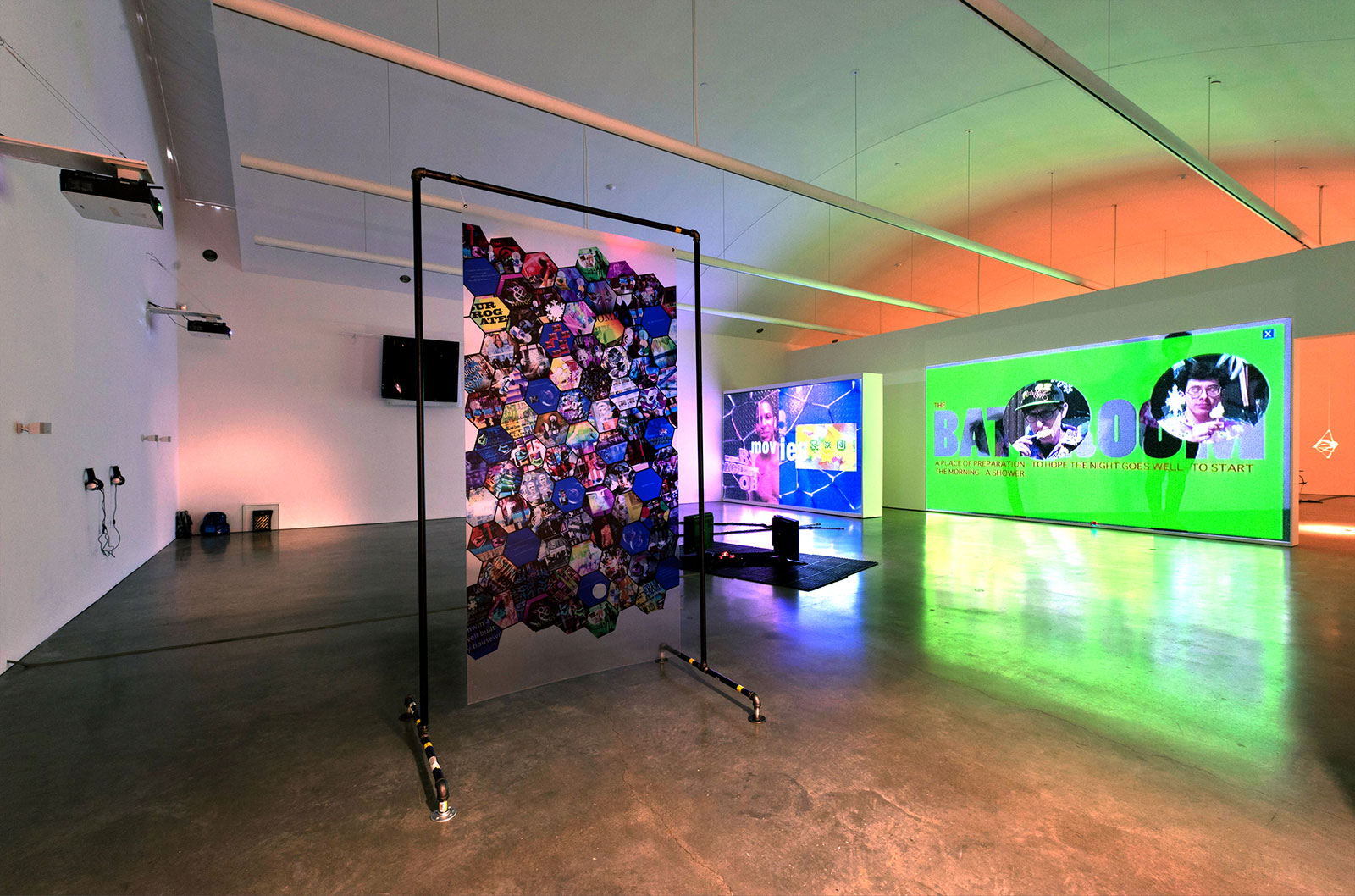
Break My Body, Hold My Bones
March 27–April 17, 2011 / Bard Hessel Museum of Art / Annandale-on-Hudson, NY
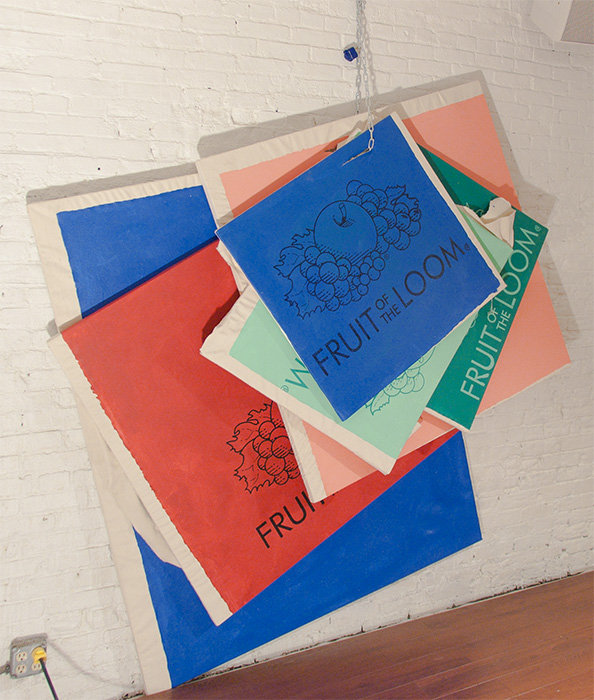
Museum of Modern Twink (MoMT)
June 18–July 3, 2010 / GLCCB / Baltimore, MD
